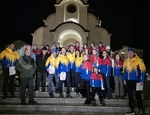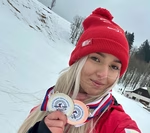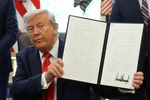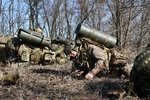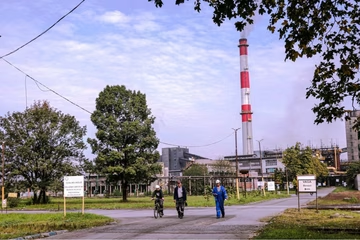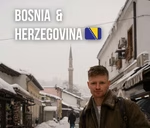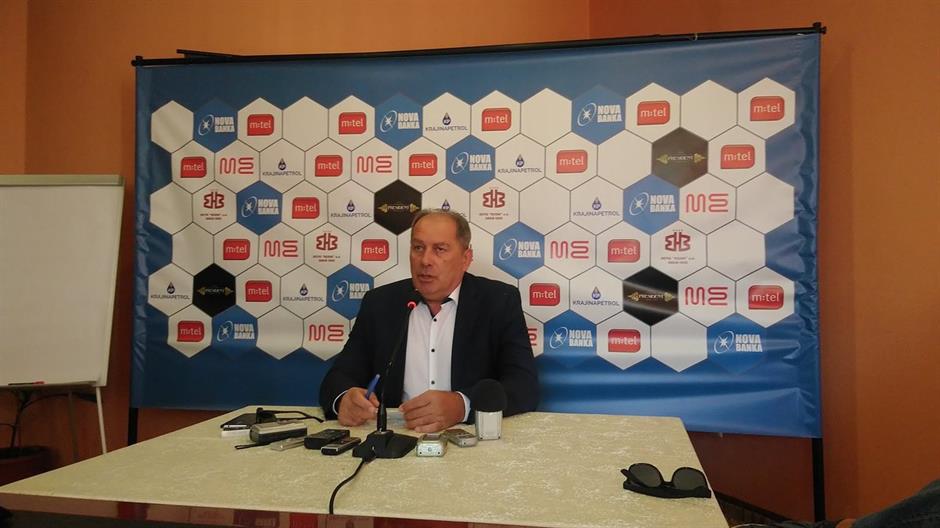
Banning a Russian writer who fought on the side of the separatists in Ukraine from entering Bosnia is not a decision a minister makes, but one that is made by the intelligence service, Bosnia’s Security Minister said on Tuesday.
He reacted to the Bosnian Serb nationalists’ uproar after the country’s border police refused entry to Russian writer Zahar Prilepin, who was invited to attend a literature event in Banja Luka last Friday. Police told Prilepin he was a security threat.
Later Bosnian Serb media accused Mektic of putting Prilepin’s name on the list of people posing a security risk.
"Such databases are created by security agencies," said Security Minister, explaining that whom Border Police, the Foreigner's Affairs Service of the Intelligence Agency can let into Bosnia is defined by the law and that no instruction from a minister is needed in such cases.
"Prilepin himself said that he was 20 to 30 times in Bosnia but his entry was only registered in 2017. How did he enter the country, what was he doing, with whom did he meet?" the Minister asked, saying that his ministry obtained information on how Prilepin would come to Bosnia without being registered.
"He ran an ultra right-wing political party in Russia, which was banned by Russian authorities, and he met here with certain people, (discussing) how the opposition in the RS (Republika Srpska, Bosnia's Serb-dominated semi autonomout part) should be broken and destroyed," Mektic said.
The last such meeting took place in Andricgrad last year, according to the Minister, who added that on this occasion, Prilepin met with RS President Milorad Dodik and renown filmmaker Emir Kusturica.
Andricgrad is a town Kusturica built in the eastern Bosnian town of Visegrad.
"We have a database of people who travel abroad and take part in wars as foreign fighters. A number of people from Bosnia fought within his unit," Mektic said.
The leader of the ultra-nationalist Chetniks’ Movement who was recently arrested in Serbia for "organised participation in a war or an armed conflict in a foreign state," also fought alongside Prilepin, the Minister noted.
Mektic said he met with Russia's Ambassador to Bosnia, Petr Ivantsov, who asked him whether he was the one approving names that are to be put into that database.
"I did not want to give him a precise answer and I even led him to believe that I may be the one doing that. Then 15 days later it became clear that Ivancov had leaked our conversation to the media," Mektic said.
Controversial writer and journalist Yevgeny Nikolayevich Prilepin is a former member of Russian special riot forces called OMON, which were deployed in Chechnya from 1996 until 1999.
He later became a journalist and in February 2017 joined a volunteer unit that fought in the Russian occupied part of Ukraine.
On his social media profiles, he advocates the independence of the Ukrainian region of Donbass and the cover of one of his books shows him in a paramilitary uniform. Prilepin is not listed on available lists of persons banned from entering the European Union.
Kakvo je tvoje mišljenje o ovome?
Učestvuj u diskusiji ili pročitaj komentare





 Srbija
Srbija
 Hrvatska
Hrvatska
 Slovenija
Slovenija























